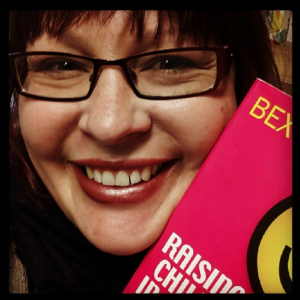Flexible, Open, Social Learning: Open Education #FOS4L
So, I popped into the 'Big Meet' on Adobe Connect, but my internet connection not great (plus Friday evening after a long week wasn't quite in the right 'zone'!) Meantime, today's material looks at openess in education - including the OER movement, MOOCs, etc. especially as it affects informal learning, but also how such material can be repurposed for specific contexts. Looking at the scenario today, concern is expressed by the tutor that they were…
